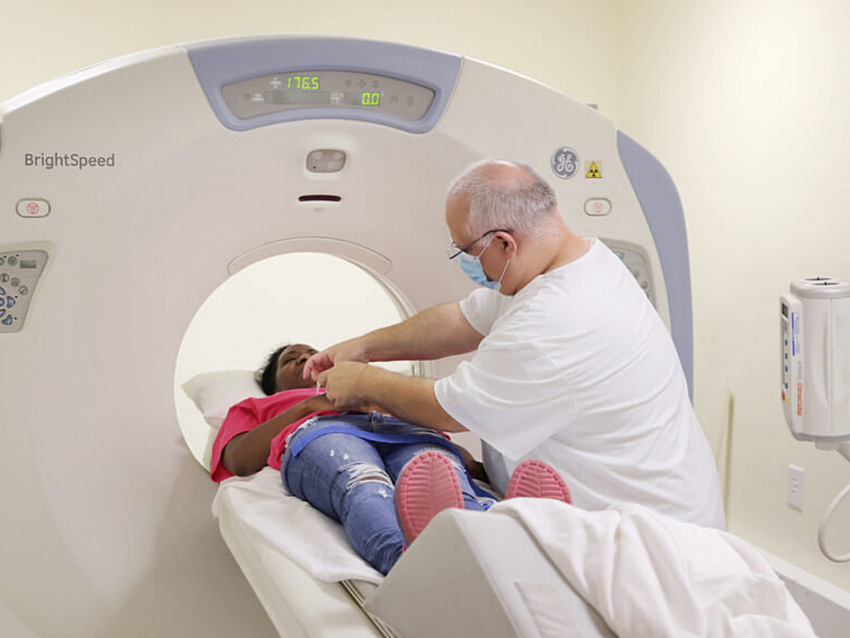
For the 67 injured Brits who have appealed for cash to pay hospital bills in Thailand since the beginning of 2023, charity giving is both the first stop and a last resort. The British government and insurance companies will instantly recommend the route to distraught families, but the relatives in question can’t find mega-cash anywhere else in any case. Commercial funding platforms such as the highly popular GoFundMe handle most of the campaigns.
A review of the ads suggests that the average amount requested was around 25,000 GBP, with about 40 percent of the cash actually donated by the time the ad was cancelled or, more commonly, simply fell into disuse. In almost every surveyed case, the reason for crowdfunding was an untimely accident such as a road accident (often involving a motorbike) or a fall from the condominium apartment. The handful of exceptions related to being beaten up on the street or being knifed in a quarrel with Thai nationals.
The general assumption seems to be that provided prior travel insurance is taken out, the insured person is guaranteed free medical treatment abroad. But travel insurers look much more carefully at expensive hospital operations than claims for lost luggage or leaving your camera on a bus. In less than 10 percent of the cases did relatives explain publicly why insurers had refused to fund, but insurance assessor Duncan Webb told Pattaya Mail that the main reasons were suspicion of alcohol or narcotics abuse (including marijuana recently declassified in Thailand), not having a valid international or Thai driving licence and not wearing a crash helmet or seat belt. That failure means the patient was not observing due care and attention.
According to several surveys, only about half of British tourists abroad carry any form of medical insurance. The Thai authorities did have a limited policy of covid-related cover being required during the pandemic, but this was abolished in 2022. Now only a very few Thai visas carry the requirement and they are all for non-tourist categories such as work permit holders or some long term residence foreigners registered with the Board of Investment. Uninsured foreigners are expected to pay for all inpatient and outpatient care. Inability to do so can result in treatment plan cancellation.
Our survey of the 67 publicized cases revealed that over half never revealed what actually happened to the injured Brit, or are still pending. In four cases, we know that death intervened. A few others said that family members had managed to negotiate a financial agreement with the hospital, whilst still others said recovery had been good enough to secure a ticket on a commercial flight. We did not find any examples of an air ambulance being hired, the typical Thai-UK cost being 75,000 GBP or more.
Charity crowdfunding is obviously here to stay although it very rarely indeed achieves the anticipated cash sums. The available evidence suggests that the more successful cash campaigns tell a complete story, provide updates with frequent photos or short videos and share the experience on social media. Fundraising events in UK to supplement the crowdfunding cash are also desirable. The average age of the 67 Brits reviewed in this case study was only 36 years and most were injured at night. So it’s hard to escape the conclusion that booze and driving are obvious routes to ending up on a hospital stretcher.






